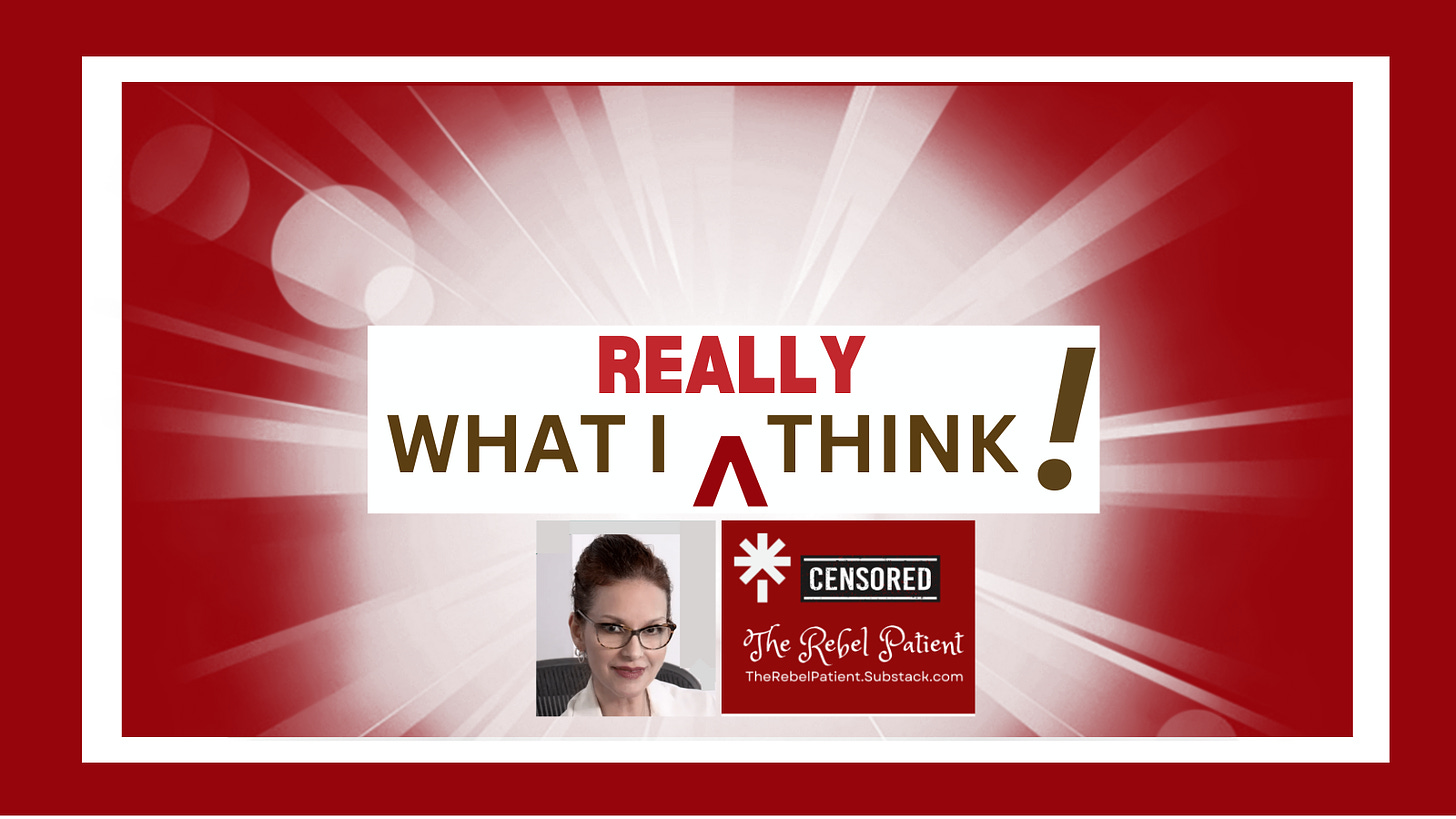No More Tears: Graduating USC Medical School at Age 30
I was Vice President of LAC-USC Medical Center’s House Officer’s Association (HOA) and we regularly met with the hospital Chief of Staff and the L.A. County Board of Supervisors.
These are my true memoirs, from my book, No More Tears: A Physician-turned-patient Inspires Recovery. It is scheduled to be released on Amazon - any day!
I was Vice President of LAC-USC Medical Center’s House Officer’s Association (HOA) and we regularly met with the hospital Chief of Staff and the L.A. County Board of Supervisors.
In 1990, they wanted to take away the house staff housing, and pour cement into the swimming pool. They also wanted to take away free food in the Doctor’s Dining Room and to save on gas, they expected us to carpool with one another to the hospital.
We met with the Board of Supervisors in a heated argument on the latter, convincing them we did not need to carpool because we saved a commute three days a week by spending the night in the hospital. They were completely out of touch and unaware we pulled call nights, having no set “hours” of work.
The medical center was the second largest medical facility in the world. It was simply huge, boasting the same hospital steps that are seen on the soap opera, General Hospital. This was the place.
Women’s and Children’s Hospital was separate, and we had to walk down the hill to do anesthesia for laboring women: epidurals, spinals, and general anesthesia. Incredibly, we carried our “ drug box,” a metal locked box of liquid fentanyl, demerol, morphine and thiopental in this box. Its street value was thousands of dollars, which gave me a fear of being assaulted.
As I walked carrying my drug box, it was obvious that I was a doctor in training. Up the hill would come four teenage males together in a pack towards me on my walk down, and I didn’t like having to pass them on the same sidewalk, even in broad daylight.
When my work was done for the day, it was usually after dark, and I was too afraid to walk back up the hill. Instead, I went to the ER and asked the LAPD to drive me in a ‘black and white’ up to my car in the doctor’s parking lot. No matter how long it took, no matter how tired I was, I never walked by myself in the dark.
My fears were justified. A medical student had been killed in the nearby park; another pregnant resident physician had been assaulted in the parking lot. The HOA asked the hospital staff for statistics on assaults; we were not granted access to any data.
Shortly thereafter, in the evening after a long day, the doctor’s dining room was long closed for dinner, so I had to eat in the regular cafeteria.
I sat in the nearly empty cafeteria, looking up from eating hot chicken soup, when I heard a woman’s chilling scream and a man’s arguing voice.
There was bright red blood on the floor, and a female nurse was laying prone, bleeding arterial gushes from the neck. Reportedly, a homeless man had asked her for a dollar. She reportedly said no. A large group of men dragged her on the floor, head-first, to the ER.
The blood dragged on the floor leaving a thick trail behind her. I was left staring.
Wasn’t the HOA talking about assaults on hospital grounds, asking our Director to make us aware of the prevalence of physical assaults on house staff? Isn’t this what we were trying to prevent?
Her carotid artery was punctured. She was taken to the Operating Room and she survived. Thank God it occurred there and not in the parking lot, or she may not have survived.
After graduating medical school and throwing my graduation cap into the air, the next day I was just an Intern.
I did the ‘scut’ work: drawing blood, taking urine samples and doing the dipstick on them myself. I even took blood and let it go into capillary tubes, then spun it on a centrifuge to determine the hemoglobin and hematocrit levels on my patients.
I was busy. I was busier than busy.
When Thanksgiving rolled around, I was off for the day, but it was a post-call day, so I had been up for 24 hours. I slept before going to my Dad’s house for dinner, and after eating, I slipped away and went straight to sleep on the first available bed. My family jokingly said all I did was sleep after gatherings, and they were right. I was post-call. I had no choice.
~ ~ ~
I was out of Jail Ward now, rotating in the ER. A new 24-hour Observation Unit was set up to handle triage, the sending out of patients to various destinations. One of my patients was an alcoholic with seizures, and he had wandered off the Unit. He wasn’t in bed, and I could not find him. I looked around the circular unit desk station, and there were two nurses there. I told them I was leaving to go look for my patient.
No one would have thought that it was a wrong thing to do.
I walked down the hallway and immediately spotted him, as he was 6 foot 6 inches and wearing a hospital gown. He limped along, pushing his IV pole down the hallway. I thought maybe he was going outside to smoke a cigarette, as was not unusual for some patients. I hoped he was not going out to do drugs. Or deal them. I called him by name.
“Mr. Patterson, there you are. I need you to come back to your room with me,” I said gently.
He looked down on me, because I’m only 5’4.”
He said “Okay.”
Together we headed back toward the Unit. I didn’t think anything at all. I was on his left, and he walked behind me and slightly to my right.
Out of the corner of my right eye, I saw his arm come up behind me a bit, and I thought that he was going to rest his hand on my shoulder.
Since he had a seizure, I thought well, that would be okay because maybe he is tired or something. But no, instead he wound his elbow around my neck. He lifted my body off the floor, and I could feel that my toes were not even touching the ground.
I couldn’t scream. I couldn’t move.
I thought that if I tried to fight or kick, he would break my neck. There was nothing I could do.
So, I dangled.
But after a bit, I was suffocating. I had no control. I could only wait to be rescued. Time ticked. I held my breath, or did I? Maybe I held it on purpose so my neck would not break. All I remember is that I couldn’t move.
And I couldn’t breathe.
“Hey!”
I heard a man’s scream.
Then there was a brief scuffle.
Eventually, I was freed to the floor.
Everyone concentrated on the patient. Since he was my patient, I called for some valium IV. He needed sedation and because of his history of seizure, this would help ensure that he would not have another seizure.
He was on around-the-clock benzodiazepine medication and had missed his evening dose. After it arrived, I pushed the drug into his IV myself.
Once that was done, I felt light-headed. I wasn’t feeling well.
Then the attention shifted to me.
“Your face was blue!” said Mark, the male nurse who had apparently jumped on the man’s back to rescue me.
Mark said,
“I’m in the Army Reserves, and he had you in a military headlock! All he had to do was to scrunch his arm just so . . .and POOF! Your spinal cord would have been severed!”
There was nothing to say except—thank you. Wherever you are, I still thank you.
~ ~ ~ ~ ~ ~ ~ ~ ~ ~
From then on, I couldn’t do a lot of things other moms could do. I couldn’t run and jump, go swimming, or take my boy to the park. I was unable to play ‘hide and seek’ outside in the twilight.
But I remembered what it was like.
~ ~ ~ ~ ~ ~ ~ ~ ~
WHAT I REALLY THINK
After this patient assault, I was unable to mover normally. I ended up taking six
Keep reading with a 7-day free trial
Subscribe to The Rebel Patient™ to keep reading this post and get 7 days of free access to the full post archives.






